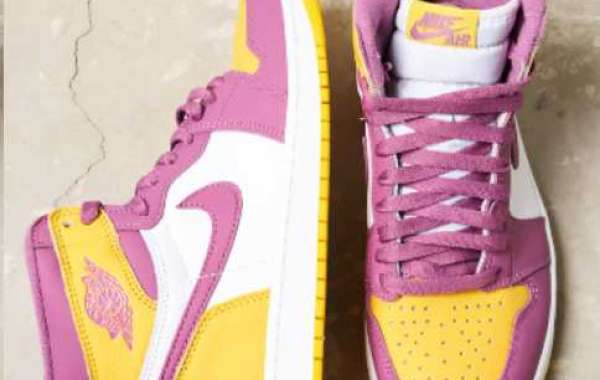Types of mouth guards
Mouth Guards have become a standard piece of equipment for football, hockey, soccer, rugby, field hockey and lacrosse players. And it's not just for athletes. Mouth guards are beneficial for anyone who participates in high impact sports or activities such as these. But which mouth guard is right for you. Remember that this list is only the beginning-you can always do more research before making your final decision. Allergies People with allergies to latex or some other material may need to look into different types of mouth guards. Dentures If you wear dentures, make sure to use a soft-fitting mouth guard so it doesn't push your dentures out of place and get uncomfortable during gameplay.
Airway Issues People with issues like sleep apnea may be at risk for potential injury when playing contact sports because they may be unable to breathe freely while wearing their device. However, people with less severe breathing difficulties should not experience any difficulties while wearing a mouth guards during sport. Polycarbonate The polycarbonate type of mouth guard is popular for those looking for an inexpensive but durable option. They're also good if you have orthodontic appliances such as braces because they don't fit tightly on your teeth and won't affect the alignment of your teeth. Mouth guards made from polycarbonate are thin and lightweight, providing little interference with speaking or breathing during playtime.
Memory Foam Unlike most other types of mouth guards, memory foam stays pliable no matter how many times it's boiled or frozen. What does this mean, It means you won't have to worry about buying another mouth guard anytime soon. No matter what kind of activities you participate in, there is a perfect type of mouth guard waiting for you.
Custom Mouth Guards
Just like with any other product, there are many different mouth guards available. It is important to research and consider a few factors before you make your purchase. Here are a few questions you may want to ask yourself before purchasing one of these products. What type of mouth guard do I need. Do I need a guard for gritting my teeth or do I need a nighttime mouth guard. What material is most comfortable for me. Lastly, how much am I willing to spend on this purchase. There are two types of materials available gel and boil-and-bite.
Gel guards have been approved by the FDA for six years and boil-and-bite has not been cleared by them yet. However, both offer great protection for athletes in contact sports. Gel guards are usually more expensive than the boil-and-bite but they offer better protection because they mold to your mouth without having to put it in boiling water. For more information regarding Mouth Guards, we would recommend you to visit us at Dentista.
Is It OK To Sleep With A Mouth Guards?
You can sleep with a mouth guard in place, but they're not designed for long periods of wear while you sleep. What's more, most mouth guards are made from soft material that flattens easily and wears down quicker than a traditional night guard designed for sleeping would. Keep in mind that your sleep position may change at night and the jawline or nose might come into contact with your teeth. Either way, it's not recommended to wear a mouth guard while you sleep, whether or not you play sports during the day.







